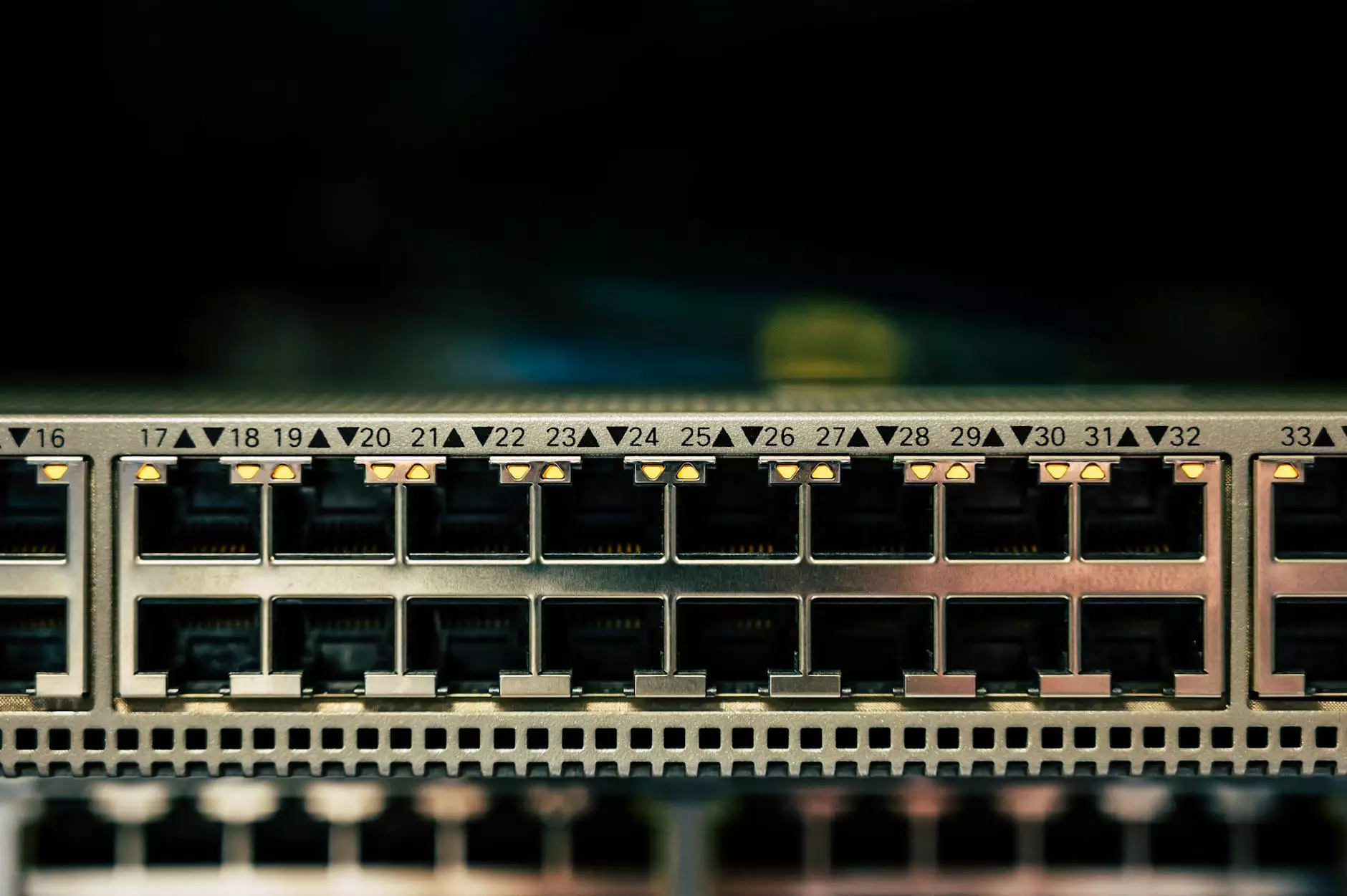Comprehensive Guide to Therapy for PTSD: Overcoming Trauma and Regaining Wellbeing

Post-Traumatic Stress Disorder (PTSD) is a complex mental health condition that affects countless individuals worldwide, stemming from traumatic events such as violence, accidents, natural disasters, or combat. Recognizing the profound impact of PTSD on daily life, mental clarity, and emotional stability, it becomes imperative to understand how therapy for PTSD offers a path towards recovery. At Limbic Flow, we are committed to providing specialized counseling services tailored to help individuals navigate the challenging journey of healing from trauma.
Understanding PTSD: Symptoms, Causes, and Impact
What Is PTSD?
PTSD is a psychiatric disorder that develops after exposure to traumatic events. Unlike typical stress responses, PTSD persists long after the danger has passed, leading to intrusive memories, emotional numbing, and hyperarousal. It can severely impair personal relationships, work performance, and overall quality of life.
Common Symptoms of PTSD
- Intrusive Memories: Reliving the traumatic event through flashbacks, nightmares, or distressing thoughts.
- Avoidance: Steering clear of people, places, or activities that remind you of the trauma.
- Negative Changes in Thinking and Mood: Feelings of hopelessness, emotional numbness, or distorted beliefs about oneself and the world.
- Hyperarousal: Increased startle response, irritability, difficulty sleeping, and hypervigilance.
Causes and Risk Factors
PTSD may develop after experiencing or witnessing events such as combat exposure, sexual assault, physical abuse, serious accidents, or natural disasters. Risk factors include previous trauma history, lack of social support, or pre-existing mental health issues, which can make individuals more vulnerable to developing PTSD.
Why Professional Therapy for PTSD Is Essential
The Limitations of Self-Help
While self-care strategies like mindfulness, exercise, and peer support can complement treatment, they are often insufficient in addressing the deep-rooted psychological scars caused by trauma. Professionaltherapy for PTSD provides evidence-based interventions tailored to each individual's needs, facilitating genuine healing and recovery.
The Role of Specialized Counseling
Therapists trained in trauma-focused treatments utilize advanced techniques to help clients process traumatic memories, reduce symptoms, and regain control over their lives. This structured approach fosters resilience, emotional regulation, and a safer outlook towards the future.
Effective Therapies for PTSD at Limbic Flow
Trauma-Focused Cognitive Behavioral Therapy (TF-CBT)
One of the most successful methods, TF-CBT helps individuals identify and challenge distorted thoughts related to the traumatic event. It incorporates exposure techniques to diminish avoidance behaviors and promotes healthier thinking patterns, ultimately reducing symptoms of PTSD.
Eye Movement Desensitization and Reprocessing (EMDR)
EMDR is an innovative therapy that uses guided eye movements or other bilateral stimulation to facilitate the processing of traumatic memories. It helps clients reframe distressing experiences and lessen their emotional charge, leading to decreased PTSD symptoms.
Prolonged Exposure Therapy (PE)
This technique involves gradual, controlled exposure to trauma-related stimuli to diminish overwhelming reactions. PE encourages clients to confront their fears in a safe environment, fostering desensitization and emotional healing.
Sensorimotor Psychotherapy
Combining somatic and trauma processing techniques, this therapy recognizes the connection between body sensations and emotional experiences. It assists clients in releasing stored trauma from their bodies, facilitating holistic recovery.
Integrating Advanced Approaches to Optimize Healing
Mindfulness-Based Stress Reduction (MBSR)
MBSR incorporates mindfulness practices to help clients cultivate present-moment awareness, manage intrusive thoughts, and reduce anxiety. When integrated with other therapies, it enhances resilience and emotional regulation.
Medication and Pharmacotherapy
In some cases, medications such as antidepressants, anti-anxiety drugs, or prazosin may be prescribed alongside therapy to alleviate symptoms like nightmares, hyperarousal, or severe depression. However, medication is most effective when used as part of a comprehensive treatment plan.
Complementary Techniques and Support Systems
- Group Therapy: Sharing experiences with peers offers validation and solidarity.
- Family Counseling: Educates loved ones about PTSD, improving support and understanding.
- Self-Help Strategies: Journaling, relaxation techniques, and physical activity aid ongoing recovery.
Why Choose Limbic Flow for Your Therapy for PTSD?
Expertise in Trauma-Informed Care
Our team of dedicated mental health professionals possesses extensive training in trauma-specific therapies. We understand the nuanced needs of trauma survivors and tailor interventions to ensure maximum benefit and safety.
Holistic and Client-Centered Approach
We prioritize a compassionate, non-judgmental environment where clients feel safe to explore their experiences. Our integrated approach combines evidence-based techniques with personalized support, empowering individuals to reclaim their lives.
State-of-the-Art Facilities and Resources
At Limbic Flow, we utilize the latest therapeutic tools and technology to facilitate effective treatment. Our environment is designed to foster comfort, trust, and progress throughout your healing journey.
Steps to Begin Your Journey Toward Healing with Therapy for PTSD
- Contact us for an initial assessment to discuss your symptoms and needs.
- Develop a personalized treatment plan collaboratively with your therapist.
- Engage in regular therapy sessions, involving our evidence-based techniques such as TF-CBT or EMDR.
- Incorporate support networks and self-care strategies as advised by your therapist.
- Track your progress and adjust treatment plans to ensure optimal recovery.
Healing From PTSD Is Possible — Take the First Step Today
If you or a loved one is struggling with the aftermath of trauma, professional therapy for PTSD can dramatically transform suffering into strength. Remember, healing is a journey that requires patience, support, and specialized guidance. At Limbic Flow, we are dedicated to walking beside you every step of the way, helping you restore balance and peace in your life.
Contact Us for Compassionate and Effective PTSD Treatment
Don’t delay seeking help. Reach out to Limbic Flow to learn more about our trauma-focused counseling services. Our compassionate team is here to support your path towards recovery and well-being.









